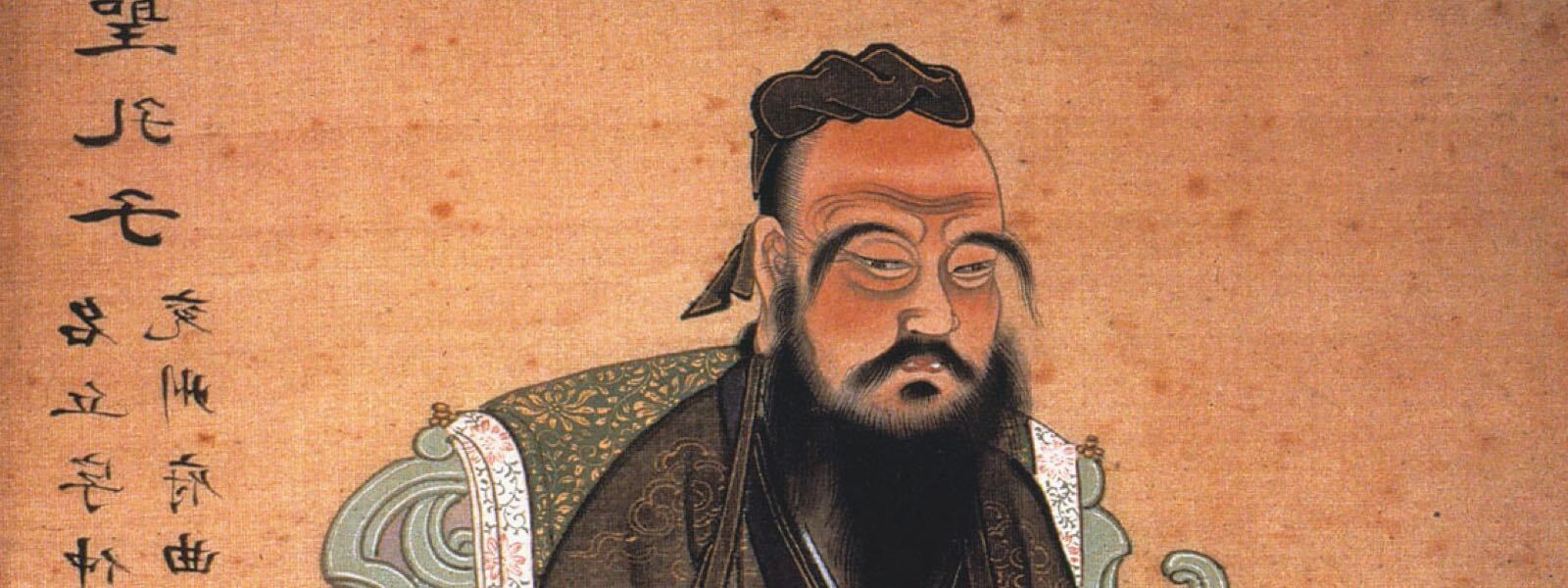Do you know what you want? Are you sure?
Beyond the nicer car, the less annoying supervisor, your team finally winning the Super Bowl, and losing those last 10 pounds of baby weight, what do you really want out of life? What makes your days worthwhile? Who do you aspire to become?
It’s a surprisingly hard question to answer because it’s a surprisingly ignored question. In a culture that’s as obsessed with self-improvement as ours, isn’t it ironic that we give the least attention to the most important questions?
So perhaps it shouldn’t be all that surprising then that we struggle to achieve our self-improvement goals, stay consistent with our new year’s resolutions, stick with good habits, drop bad ones, and generally make progress improving ourselves. How could we if we have no idea where we ultimately want to go or why we want to go there?
This is the dilemma that the Ancient Greek philosopher Epictetus sought to wrestle with and provide some direction for in his aphoristic handbook, The Art of Living. While it’s full of good advice and sage counsel, the true benefit of the book is right there in the title: If we are to live a full life, we must treat it as an art, something to be deeply considered, practiced, and cultivated.
What follows is a handful of my favorite selections and quotes from the book followed by my own reflections on them.
On Happiness
Happiness and freedom begin with a clear understanding of one principle: Some things are within our control, and some things are not.
Much of mental health and wellbeing boils down to a single formula, which anyone who’s ever read the Serenity Prayer will recognize:
Accept what is outside your control and take responsibility for the things that are within it.
All too often, we confuse those two things, trying to control things we ultimately have no control over and ignoring responsibility for things that are very much under our control.
On Desire
Desire and aversion, though powerful, are but habits.
It’s a fascinating idea that actually has good support from modern psychology: To a large extent, both desire and aversion are trainable. Specifically, our habits of cognitive elaboration—that is, our self-talk—profoundly influence the relative strength or weakness of our feelings.
This should make the cultivation of constructive self-talk among our highest priorities.
On Appearances
Things and people are not what we wish them to be nor what they seem to be. They are what they are.
How infrequently we stop to ask the question: What really is in front of me? When I strip away all my expectations, desires, hopes, fears, and delusions, what is the real nature of this person, object, or situation in my life?
On Harmony
Don’t try to make your own rules. Conduct yourself in all matters, grand and public or small and domestic, in accordance with the laws of nature. Harmonizing your will with nature should be your utmost ideal.
Our uniquely modern challenge is to reject the illusion of absolute freedom and strive to harmonize ourselves with the parts of life where we don’t have freedom or control.
On Blame
Small-minded people habitually reproach others for their own misfortunes. Average people reproach themselves. Those who are dedicated to a life of wisdom understand that the impulse to blame something or someone is foolishness.
The Opportunity Cost of Blame: When we obsess over the wrongdoings of others, our capacity for self-awareness and personal mastery atrophies.
On Suffering
The trials we endure can and should introduce us to our strengths. Prudent people look beyond the incident itself and seek to form the habit of putting it to good use.
The resilient use suffering; the helpless are used by it.
On Self-Mastery
Begin at once at a program of self-mastery. But start modestly. Has your child spilled something? Have you misplaced your wallet? Say to yourself “Coping calmly with this inconvenience is the price I pay for my inner serenity, for freedom from perturbation.
Grandiose visions for self-mastery are a self-indulgent distraction. Start small and humble.
On Interpreting
Avoid superstitiously investing events with power or meaning they don’t have. Keep your head. Our busy minds are forever jumping to conclusions, manufacturing and interpreting signs that aren’t there.
The rigid insistence on all events having meaning is a fast track to an anxiety disorder. Embrace randomness and you’ll find yourself both calmer and easier to be around.
On Freedom
Most people tend to delude themselves into thinking that freedom comes from doing what feels good or what fosters comfort and ease. The truth is that people who subordinate reason to their feelings of the moment are actually slaves of their desires and aversions. They are ill-prepared to act effectively and nobly when unexpected challenges occur, as they inevitably will.
What if you held yourself to the standard of acting nobly despite your feelings? What if you made decisions based on values rather than whims? How different might your life look in only six months…
On Clarity
It’s time to stop being vague. If you wish to be an extraordinary person, if you wish to be wise, then you should explicitly identify the kind of person you aspire to become.
Generalities distract from our goals; clarity draws us toward them. Specificity is always the antidote to stuckness.
On Attention
When we blather about trivial things, we ourselves become trivial, for our attention gets taken up with trivialities. You become what you give your attention to.
Some say time is our most precious resource. Some say energy. Some say passion. I say attention.
On Commitment
If, according to your best judgment, you are acting rightly, you have nothing to fear. Take a stand. Don’t be cravenly noncommittal.
I struggle with this a lot. I like to think of myself as well-measured and intellectually balanced. But it’s easy to get lost there. Too long without taking a stand and I know something’s off.
On Delay
How long can you afford to put off who you really want to be?
I believe this comes down to simple awareness. Most people put off what they want to be because they lack awareness of what they want in the first place.
Cultivate the habit of regularly asking yourself what you truly want, especially who you aspire to be.
On Curiosity
Spirited curiosity is an emblem of the flourishing life.
It’s difficult to be curious when you’re afraid.
On Courage
To do anything well you must have the humility to bumble around a bit, to follow your nose, to get lost, to goof. Have the courage to try an undertaking and possibly do it poorly. Unremarkable lives are marked by the fear of not looking capable when trying something new.
Have the courage to bumble.
On Convention
Be suspicious of convention. Take charge of your own thinking. Rouse yourself from the daze of unexamined habit.
Unexamined habits of mind are the root of suffering. Accept that some thoughts are not under your control and dedicate yourself to mastering all the rest.
On Orderliness
Just as we must clean, order, and maintain our homes to move forward with anything, we need to do the same with our minds. A disorganized, foggy soul is dangerous, for it is vulnerable to the influence of better organized but unsavory influences.
The highest form of minimalism is mental minimalism.
On Judgment
We are not privy to the stories behind people’s actions, so we should be patient with others and suspend our judgment of them, recognizing the limits of our understanding.
Train yourself to be less curious about other people’s stories so you can get on with writing your own.
On Pity
The appropriate response to bad deeds is pity for the perpetrators, since they have adopted unsound beliefs and are deprived of the most valuable human capacity: the ability to differentiate between what’s truly good and bad for them.
Pity is a stunningly underrated emotion. The willingness to feel sadness for another person is a profound act of empathy.
On Living
The great mistake of modern self-help is that we chase the big answers when we should be chasing the big questions.
No one can tell you how to live or who you ought to be. But don’t let that stop you from asking yourself the most important questions.
As concerns the art of living, the material is your own life. No great thing is created suddenly. There must be time. Give your best and be kind — Epictetus in The Art of Living.





1 Comment
Add YoursI’m enriched ????.